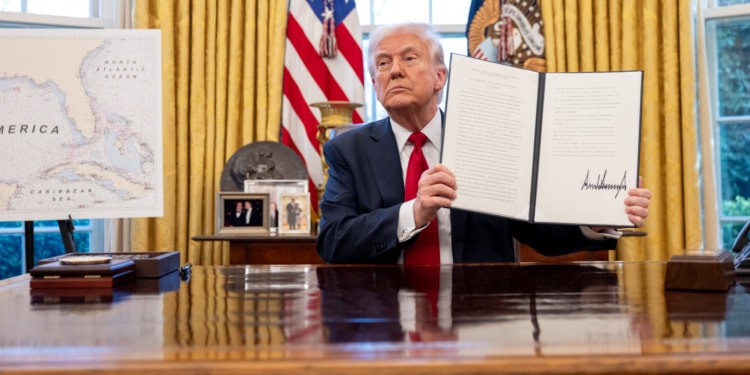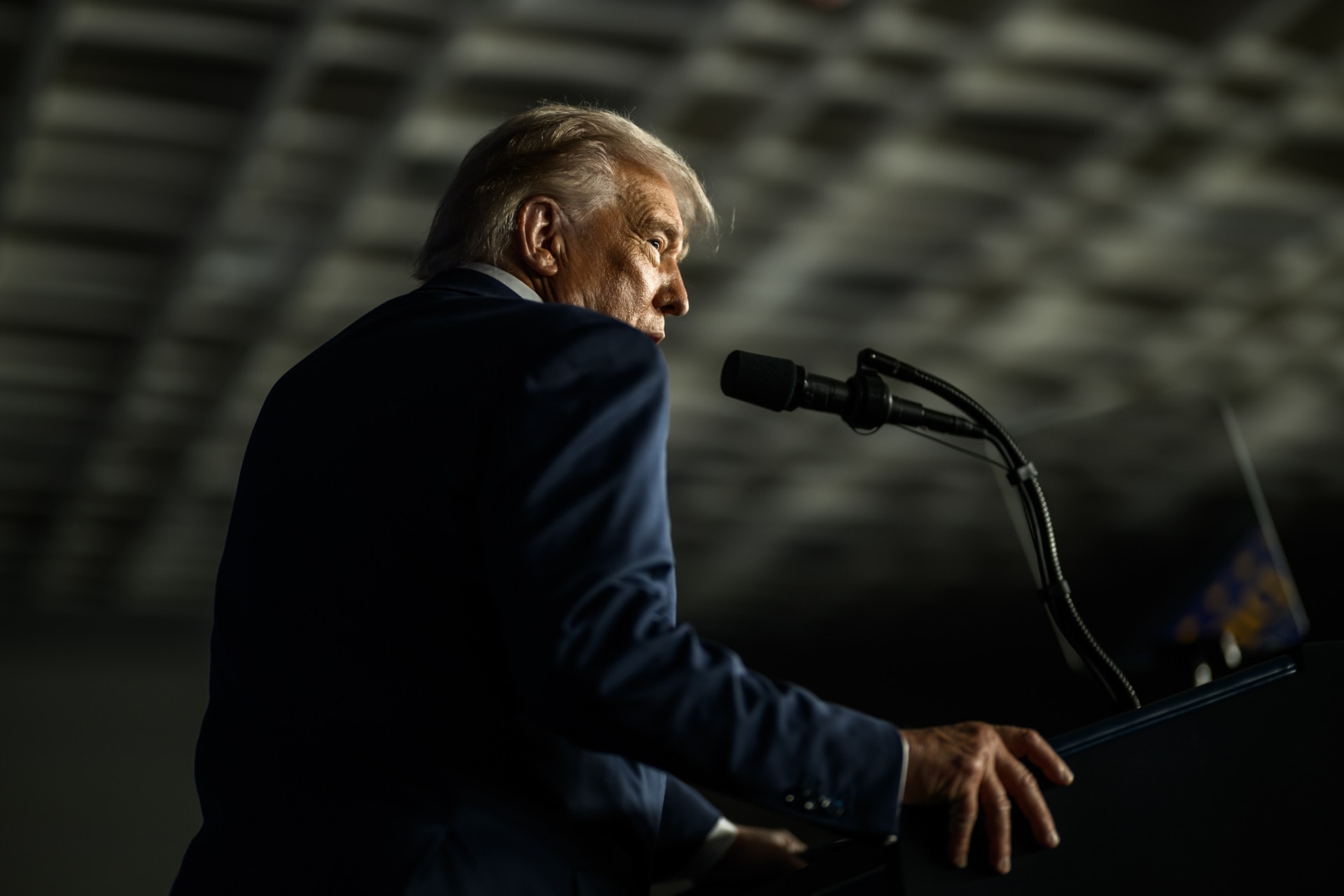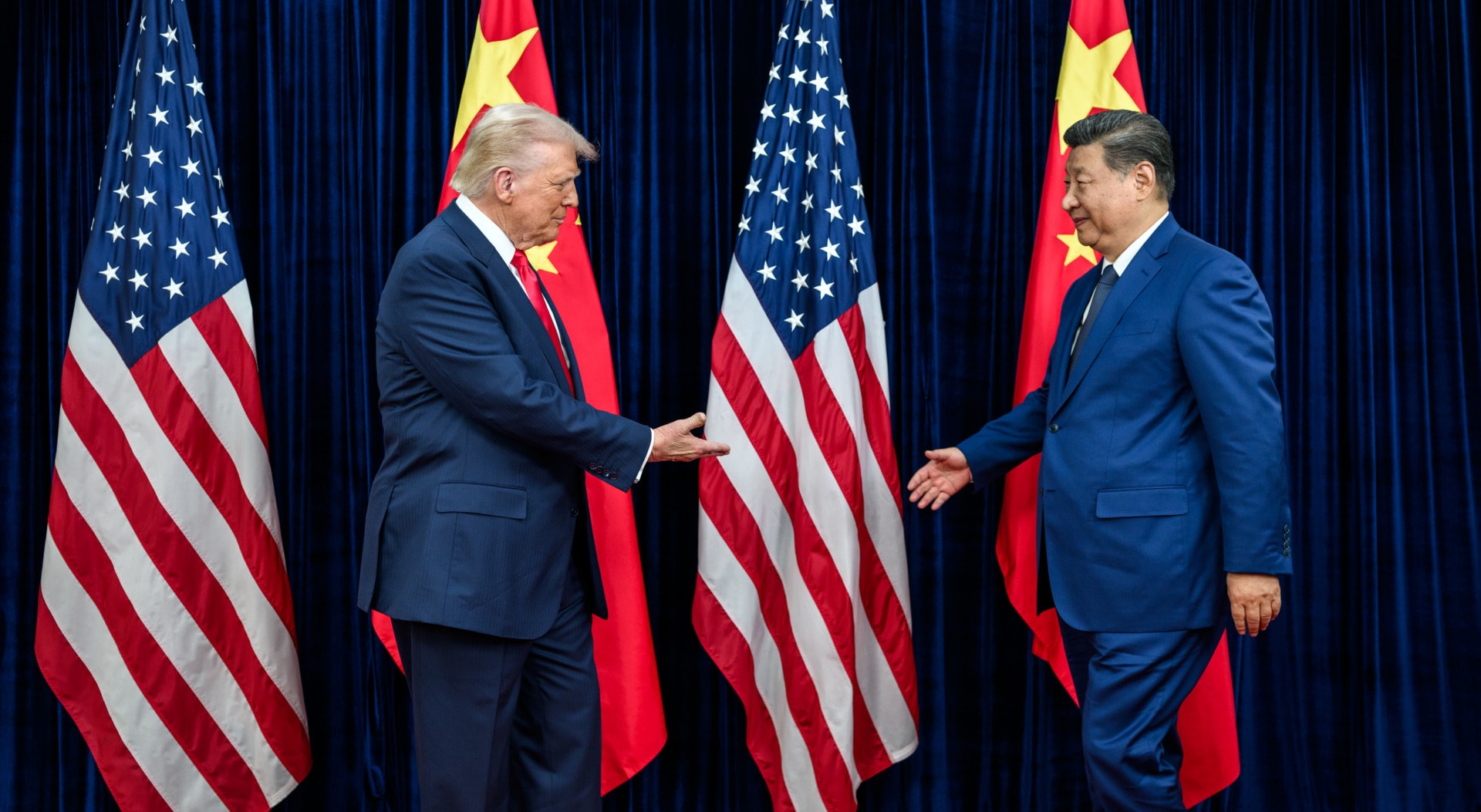In recent days, we have seen decisions by the Trump Administration that affect the behavior of individuals and companies and the transparency of companies. Further, on April 2, 2025, President Trump announced a huge shakeup by raising U.S. tariffs on nearly all countries around the world, which will be another factor with implications for how business with the U.S. is conducted in the years ahead.
However, this article is focused on the Foreign Corrupt Practices Act (FCPA) and Corporate Transparency Act (CTA), the removal of past limitations placed by Congress, and enforcement actions taken by the Executive Branch. The full consequences of these changed policies are yet to be determined, but it is fair to say they will be major, both in the United States and abroad.
Non-Enforcement of the FCPA
The FCPA, enacted in 1977, targets bribery of foreign officials to obtain or retain business. In 2024, for example, SAP, a publicly traded global software company based in Germany, was required to pay over $220 million to resolve investigations by the U.S. Justice Department and the Securities and Exchange Commission (SEC), stemming from schemes to pay bribes to government officials in South Africa and Indonesia. According to court documents, SAP entered into a three-year deferred prosecution agreement (DPA).
Under the current Trump Administration, the approach to enforcement of the FCPA has shifted dramatically.
An executive order, “Pausing Foreign Corrupt Practice Act Enforcement to Further American Economic and National Security,” directs the Department of Justice to halt CPA investigations and enforcement actions for a 180-day review period. This significant policy shift aims to address concerns that “overexpansive and unpredictable” FCPA enforcement creates “an uneven playing field” for U.S. companies that threatens national security.
The order states that current enforcement practices targeting “routine business practices in other nations” waste prosecutorial resources and “actively harm American economic competitiveness and, therefore, national security.”
Further, while plans to revise guidelines are mentioned, any new investigations and enforcement actions and continued existing investigations and enforcement actions deemed appropriate under the new policies and guidelines “must be specifically authorized by the Attorney General.”
Likely Implications
Increased Corruption
Reducing the enforcement of the FCPA may well lead to a rise in corrupt practices, as companies may feel emboldened to engage in bribery without fear of legal consequences in the United States. Countries with high corruption indices could see an uptick in unethical business practices, thereby worsening governance and infrastructure challenges.
Impact on International Relations
By signaling a decrease in the importance of anti-corruption measures, the U.S. strains relationships with countries that are combating corruption. Countries that have made significant strides in anti-corruption will regard the U.S. move as a regression, potentially impacting diplomatic and trade relations.
Further, it may increase foreign perceptions of American bribery abroad, leading other countries to rescind or relax any prohibitions they have on bribery in America, and foreign entities may seek to increase bribery in America.
As noted in this opinion piece exploring the real-world consequences of pausing the FCPA, a pause in US enforcement “does not remove liability in other countries. Many global regulators, such as the United Kingdom, France, and Canada, aggressively pursue bribery cases. Information sharing among authorities means an incident uncovered in one jurisdiction can quickly become a multi-country investigation.”
Corporate board members and senior leaders will also have to consider against any short-term advantage the prospects of civil litigation in the United States and the long-term damage of relaxing controls.
In general, despite the Trump Administration’s cessation of FCPA enforcement, entities contemplating foreign bribery will need to take other risks into account.
Non-Compliance with the CTA
The CTA was passed as part of the Anti-Money Laundering Act of 2020. The CTA requires certain types of businesses to disclose their beneficial owners (the individuals who ultimately own or control the company) to the Financial Crimes Enforcement Network (FinCEN). The intent behind the CTA and its enforcement is to combat money laundering, tax evasion, and other illicit activities that can be facilitated by the anonymity of the beneficial owners of corporate entities.
By requiring public companies and certain private entities to disclose their beneficial owners, the law aims to enhance transparency and accountability in business operations.
In March 2024, in the case of “National Small Business United v. Yellen,” the plaintiffs challenged the CTA’s constitutionality. The district court found for the plaintiffs and prohibited FinCEN from enforcing the CTA against them. As noted below, the U.S. Department of the Treasury has suspended enforcement of the Corporate Transparency Act (CTA).
Indeed, in March 2025, the U.S. Treasury Department advised:
“[W]ith respect to the Corporate Transparency Act, not only will it not enforce any penalties or fines associated with the beneficial ownership information reporting rule under the existing regulatory deadlines, but aslo that it will not enforce any penalties or fines against U.S. citizens or domestic reporting companies or their beneficial owners after the forthcoming rule changes take effect. The Treasury Department will further be issuing a proposed rule that will narrow the scope of the statute to foreign reporting companies only. Treasury takes this step in the interest of supporting hard-working American taxpayers and small businesses and ensuring that the rule is appropriately tailored to advance the public interest.”
This approach eases burdens on corporations and potentially allows anonymity in corporate ownership. The absence of identification of such ownership makes it easier to hide illicit activities. Further, it could deter investment from those concerned about the integrity of companies operating in such an environment.
Related Articles: TRUMP’S Trade War: What Is the Right Response? | The Link Between Corruption and Peace | Exposing Corruption: the Heart of Sustainable Development | ‘Qatargate’: EU Parliament Hit With Corruption and Bribery Scandal
Likely Implications
Increased Corruption
Reducing the enforcement of the FCPA means that companies are more likely to be emboldened to engage in bribery without fear of legal consequences in the United States, and countries with high corruption indices could see an uptick in unethical business practices.
On Whistleblowers and Activism
Enforcing anti-corruption measures such as the FCPA and CTA often relies on whistleblowers. A climate of reduced accountability discourages whistleblowing, with activist organizations finding it harder to foster change within companies and government practices without proper transparency.
On International Relations
The elimination or limitation of anti-corruption measures will affect U.S. relations with countries that are combating corruption, likely undermining diplomatic and trade relations. With respect to the latter, the new Trump tariffs, if implemented, whether as now described or modified, will further undermine trust and confidence in both government policy and U.S. corporate reliability.
On Economic Growth
Proponents of this approach to removing FCPA and CTA requirements will argue that reducing regulatory burdens spurs economic growth, especially for small businesses trying to enter international markets. However, others will point out that any such growth could come at the cost of engaging in less ethical business practices, affecting market opportunity and long-term sustainability.
There Are Businesses and Industry Groups not in Favor
Although some businesses may welcome fewer regulations, others are concerned with a rollback of ethical standards, fearing reputational damage or legal ramifications in other jurisdictions. Such industry groups advocating for ethical standards need to ramp up efforts to influence policy or push for voluntary compliance measures independent of regulations.
That is a heavy task in the current political environment, but, as the Biblical expression goes: “This too Shall (may) pass.”
Editor’s Note: The opinions expressed here by the authors are their own, not those of Impakter.com — In the Cover Photo: US President Donald Trump signs an executive order. Cover Photo Credit: The White House.













